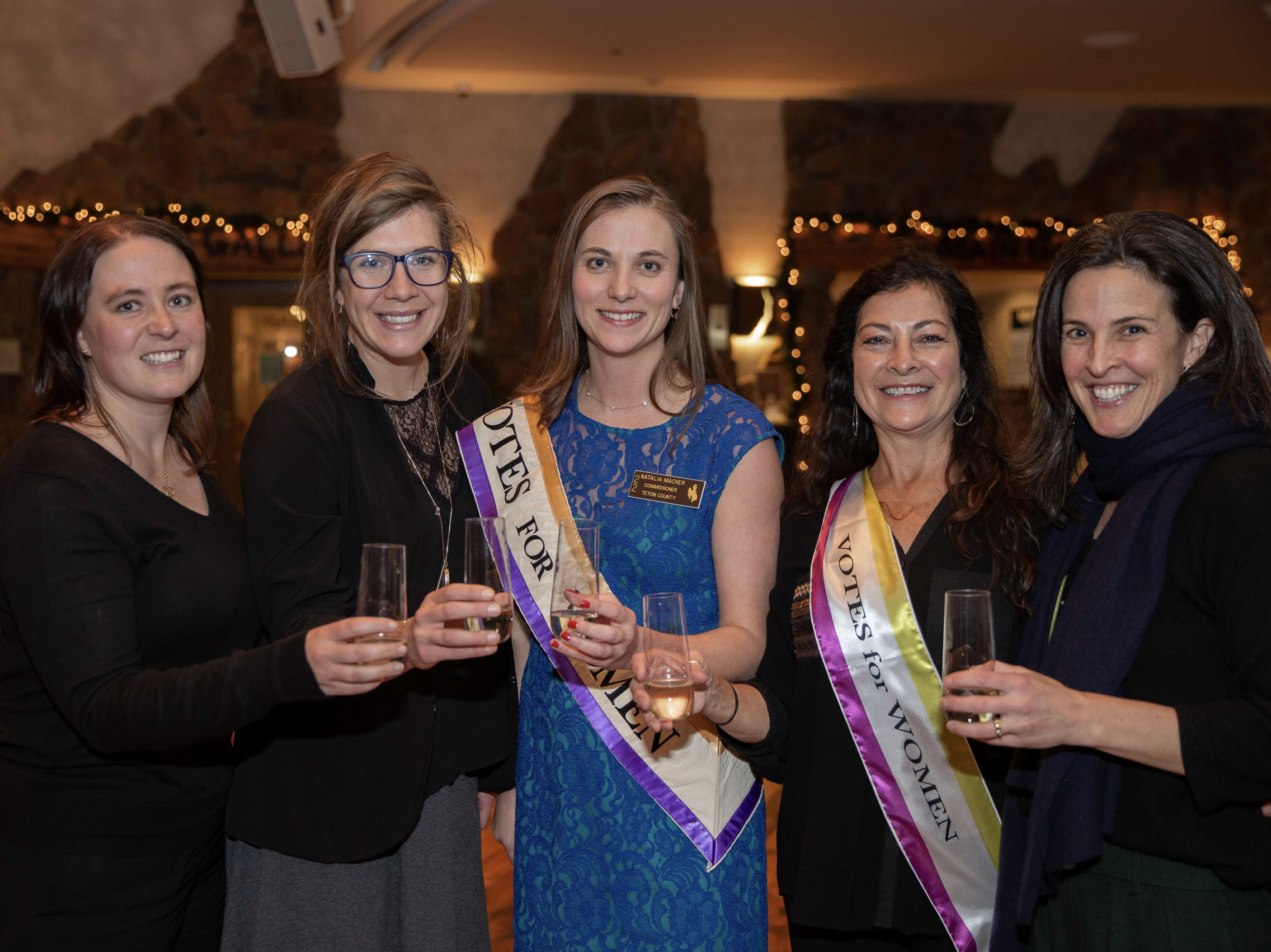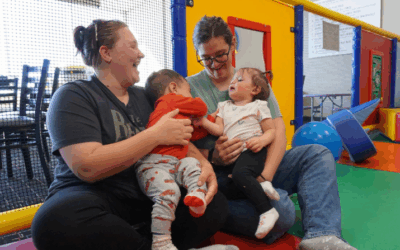Wins for women in elected office were celebrated locally and nationally this election season. But the fact remains that, even though women make up half the population, they comprise only a small fraction of elected offices. Women’s policy expert Jen Simon discussed how women can support one another running for office.
Simon is the co-founder of the Cowgirl Run Fund, a non-partisan political action committee focused on electing more women to public office in Wyoming. She explained why the fund supports women of all political persuasions.
Jen Simon: So one of the things that I would say about the work that the Cowgirl Run Fund in particular did this political season, which was a particularly brutal and bruising political season, we actually got to see a lot of women who didn’t have the same policy approaches still get together, still support each other, still talk about, you know, their ideas, their campaigns. Tips and tricks. You know, really kind of the nitty-gritty of what it meant to be a woman running for office. But they also got beat up very differently than some of their male counterparts. And so to have that community was a really big deal.
Meg Daly: Can you talk more about the benefits of women candidates supporting one another during their campaigns? How that helps bi-partisan leadership when they are elected?
Jen Simon: I think that the hope is really that that’s gonna pay dividends in terms of having a relationship that enables people to ask each other questions. Maybe they don’t really have the opportunity to ask somebody who has a wildly different policy perspective, like, ‘Why do you feel that way? How does that work for you? Because I trust that we’re trying to get to the same place.’
Meg Daly: You talked about what makes good leadership. And I just want to ask you the obvious question of why do we need more women leaders?
Jen Simon: That’s an important question. There’s plenty of anecdotal examples about how women’s personal experiences as mothers, as paid and unpaid caregivers, or as people moving through the world as women and female bodies accessing services like public transportation or healthcare have very different experiences than their male counterparts. Those things all lead to different perspectives and different perspectives at the policymaking table generally lead to improvements and policymaking that are beneficial to everybody and are more representative of our population.
Meg Daly: Can you give me a specific example of how women policymakers make different decisions?
Jen Simon: When there are more women in elected office, different policy priorities get advanced. And again, the nerdiest of that’s really recent looks at tariffs on gendered goods. So gender goods are products that are labeled ‘women’s shirts’ or ‘women’s pants.’ And those products are consistently subject to higher tariffs, so women as consumers—as end of the line consumers—are actually paying more for those things just because they’re labeled ‘women’s shirts’ of ‘women’s pants.’ The researchers also found that, in the places that elected more women, there were actually lower tariffs. So they called it governmental gender discrimination. And they found that having more women in elected office was the best corrective measure.
Meg Daly: I will never think of my women’s pants the same way again. Some people say that it’s time for men to resign from office and instead work to get women elected. What do you think?
Jen Simon: No, I think, going back to the fund example, I point to the fact that one of our criteria was to be prepared to run a great campaign and prepare to be a great leader. I do think that it is necessary to demonstrate where your qualifications are and why you are the best person to lead your community. Why you are the best person to make this policy. And I do think about it as a gender-neutral attribute that we should look for in our leaders.
Meg Daly: Let me close by asking you, do you think we will see gender parity in local, state, and national governments ever?
Jen Simon: Ever? I am a serious optimist, so yes. But when? I think when depends a lot on our will, and like I said, I think that you really can’t change what you don’t measure. So the fact that we are starting to look at PACs and donors—PACs being political action committees that give lots of money to candidates. you know, we’re starting to actually research how much money flows to male candidates versus female candidates. OK, and, spoiler alert, most of it goes to men. Once you measure that, you can start to fix it.
Meg Daly: Jen Simon it has been delightful to talk with you.
Jen Simon: Meg. It’s always such a pleasure. Thank you so much.






